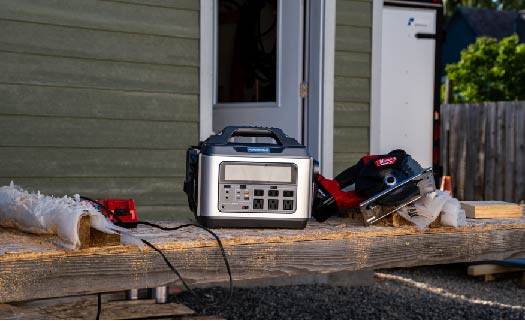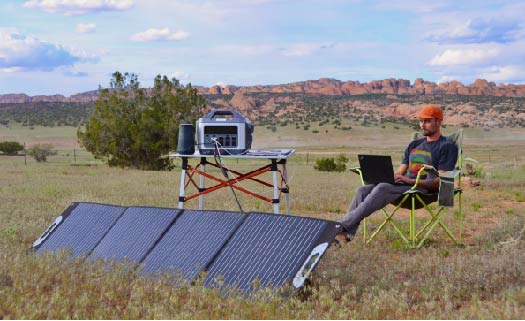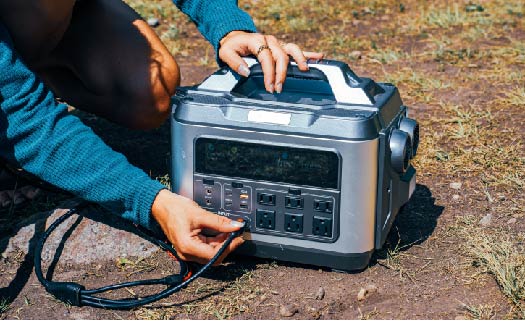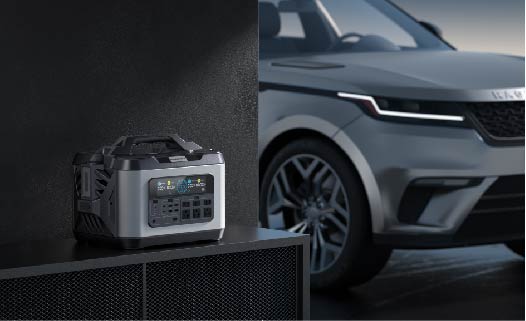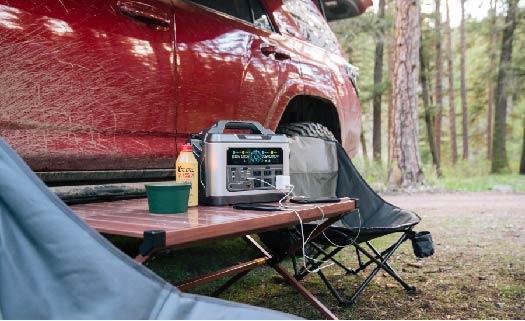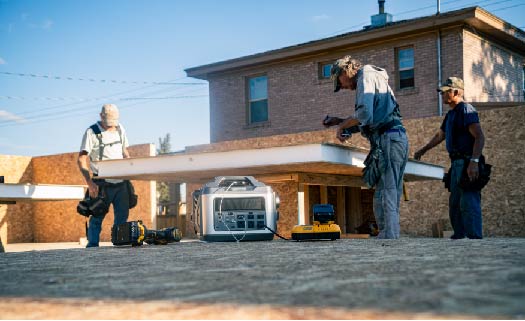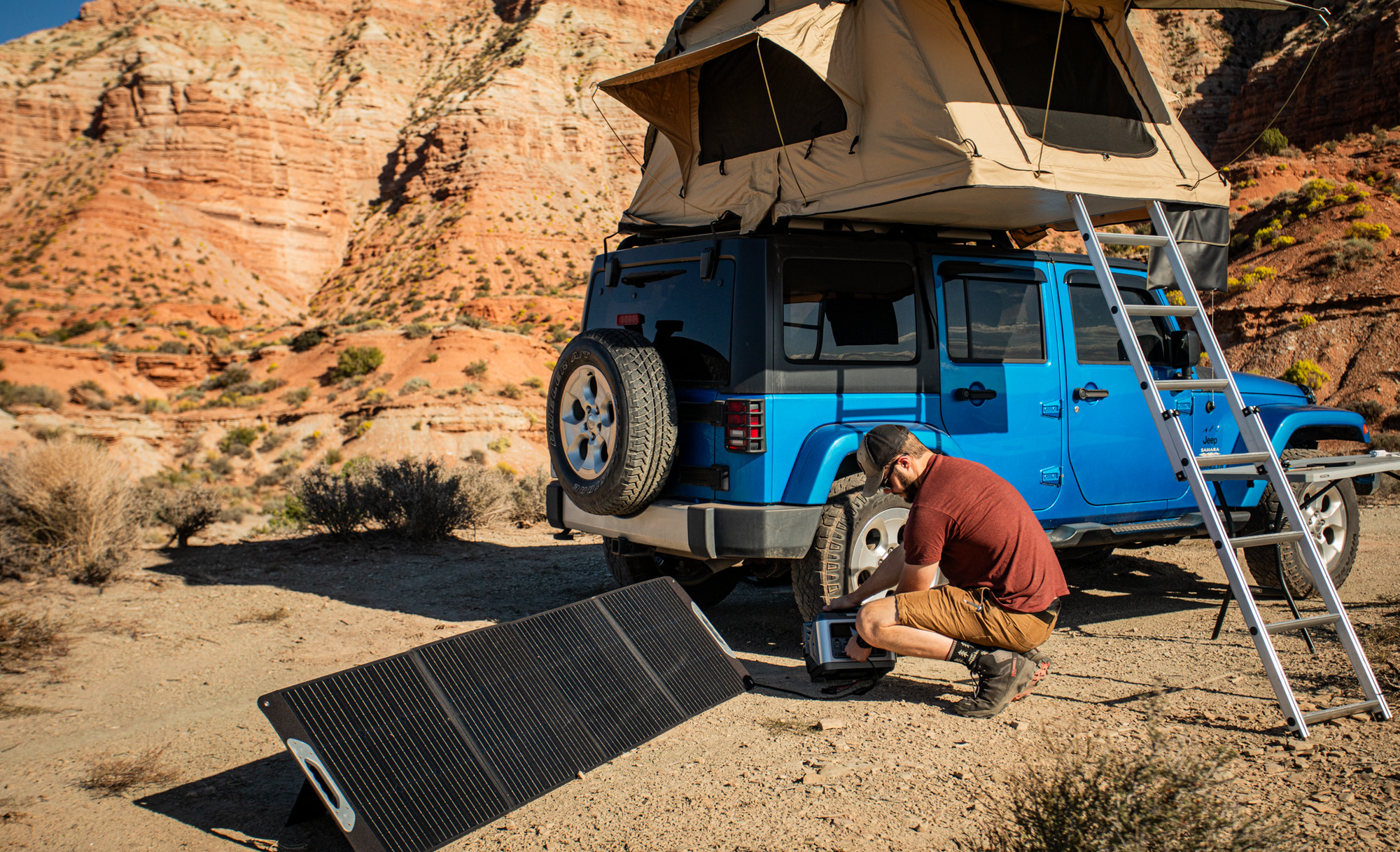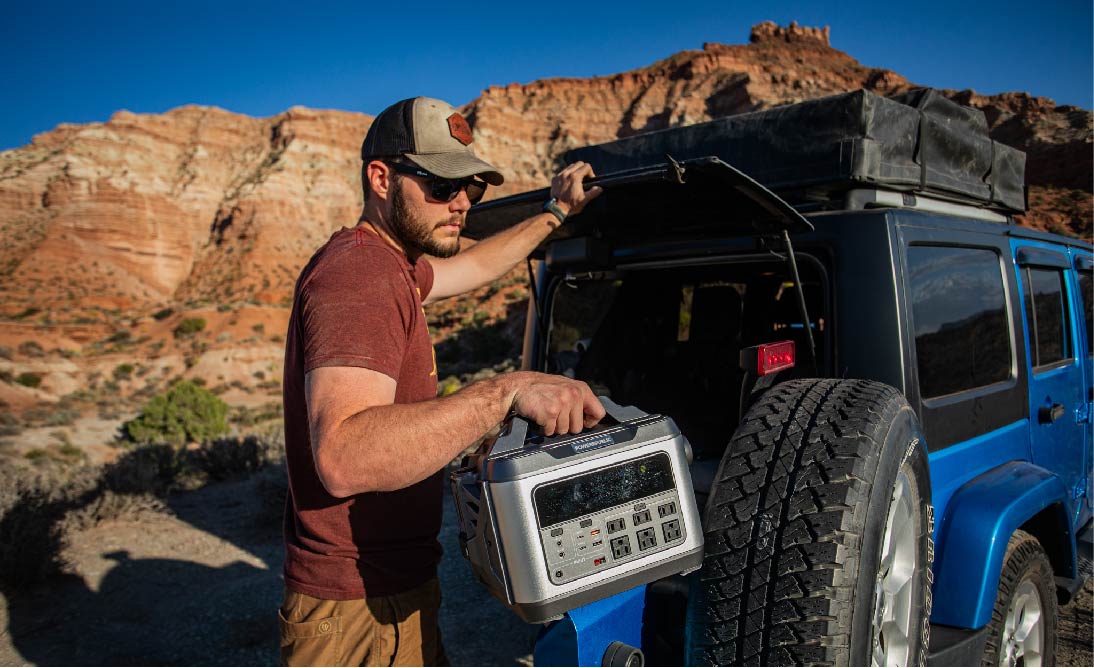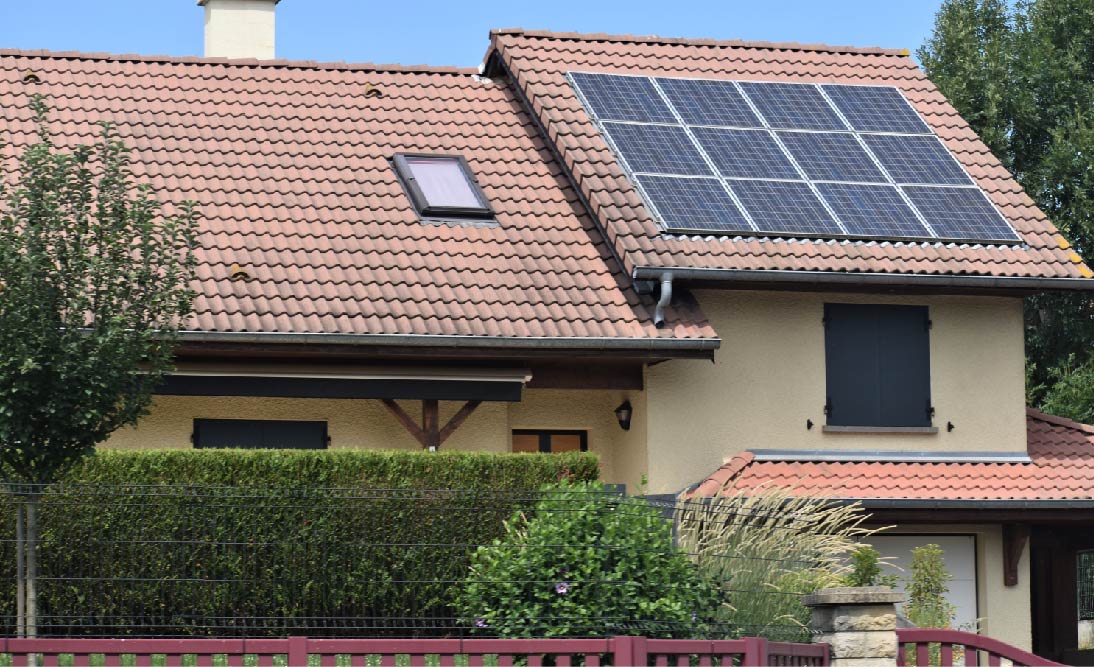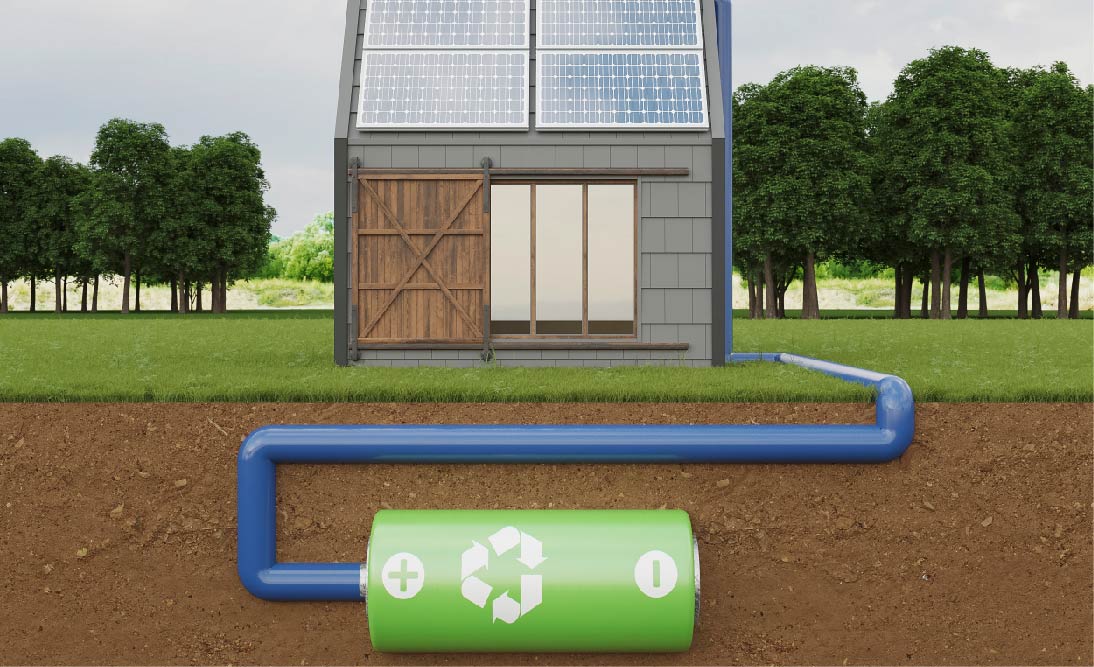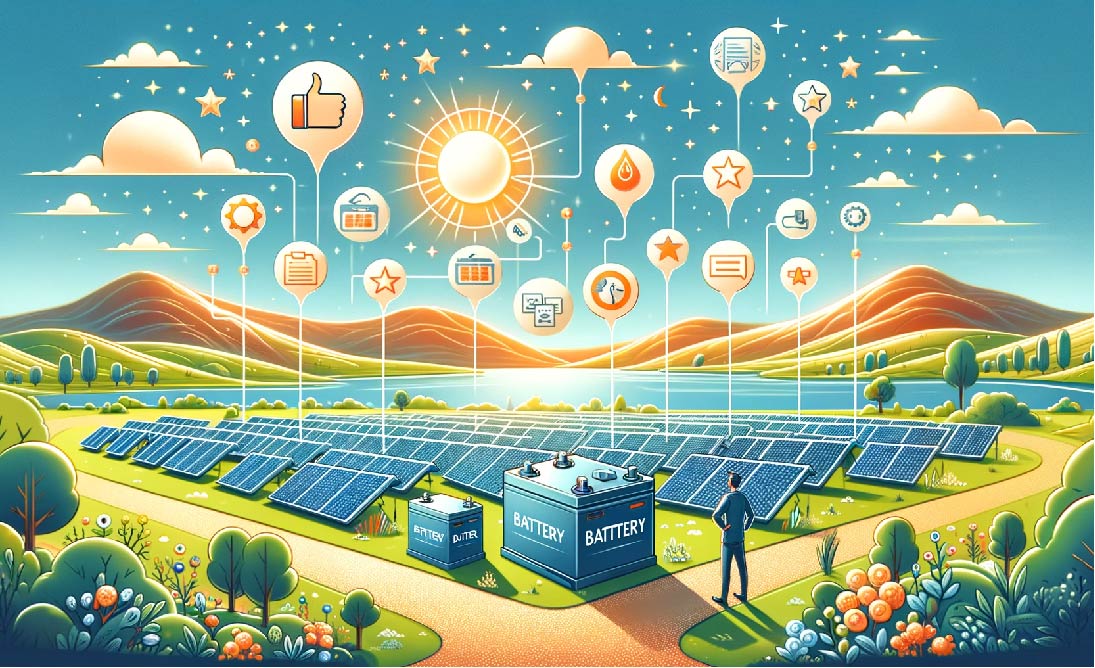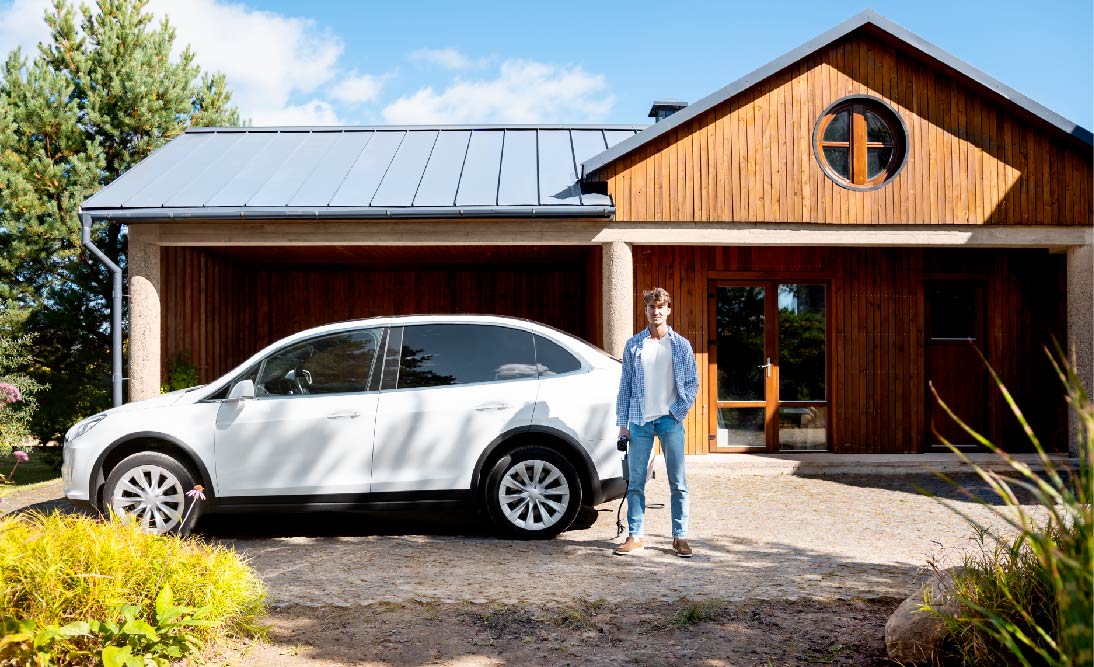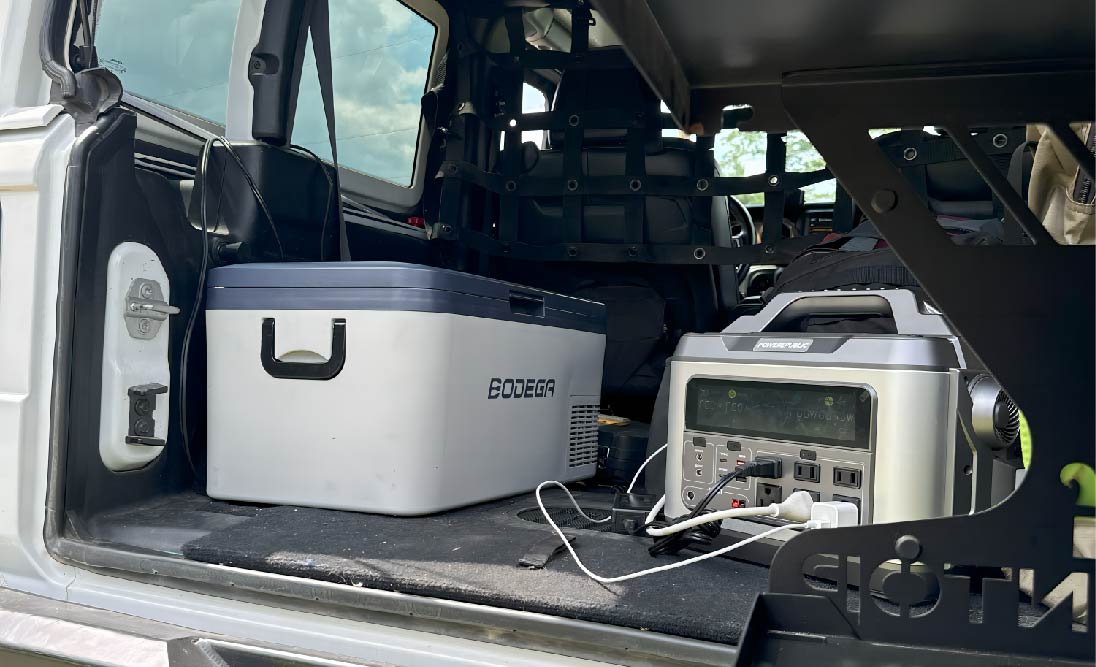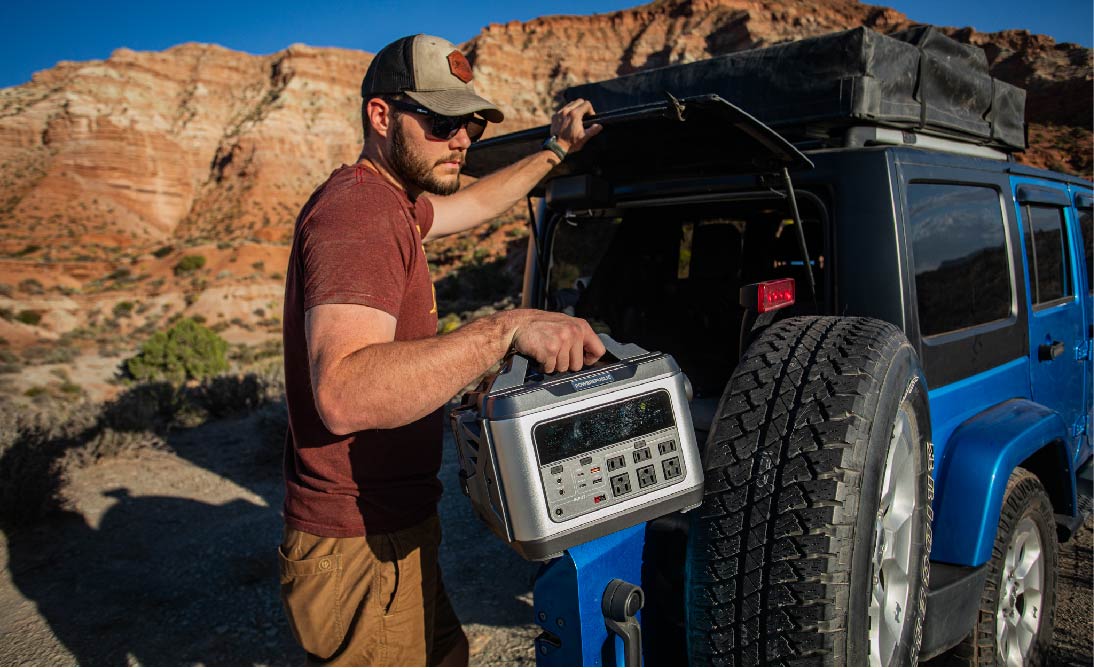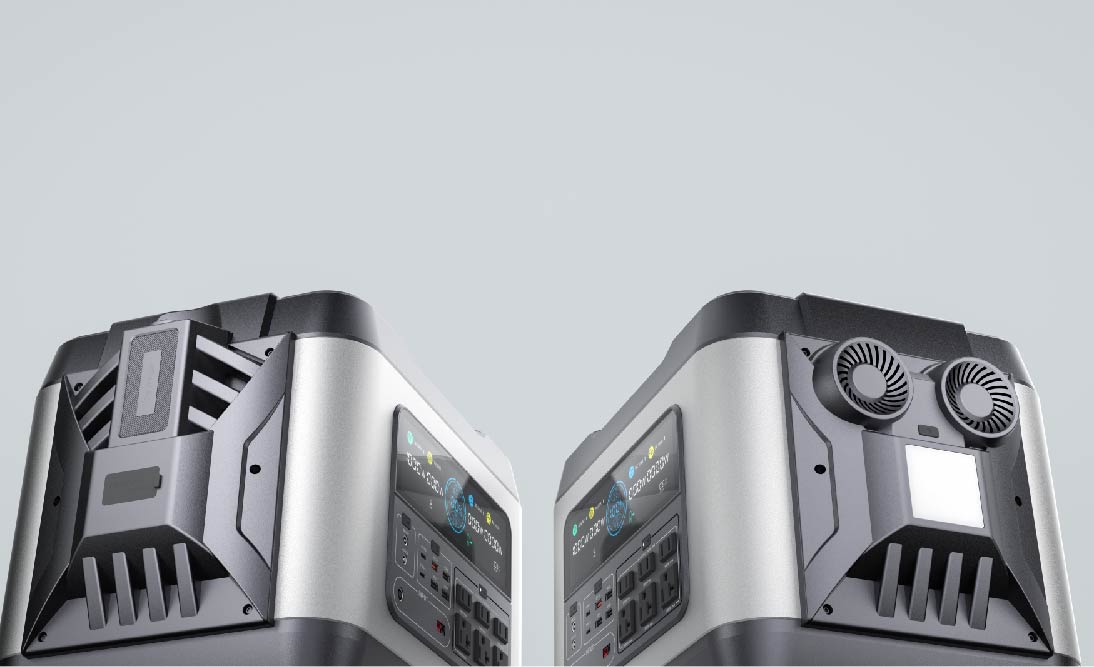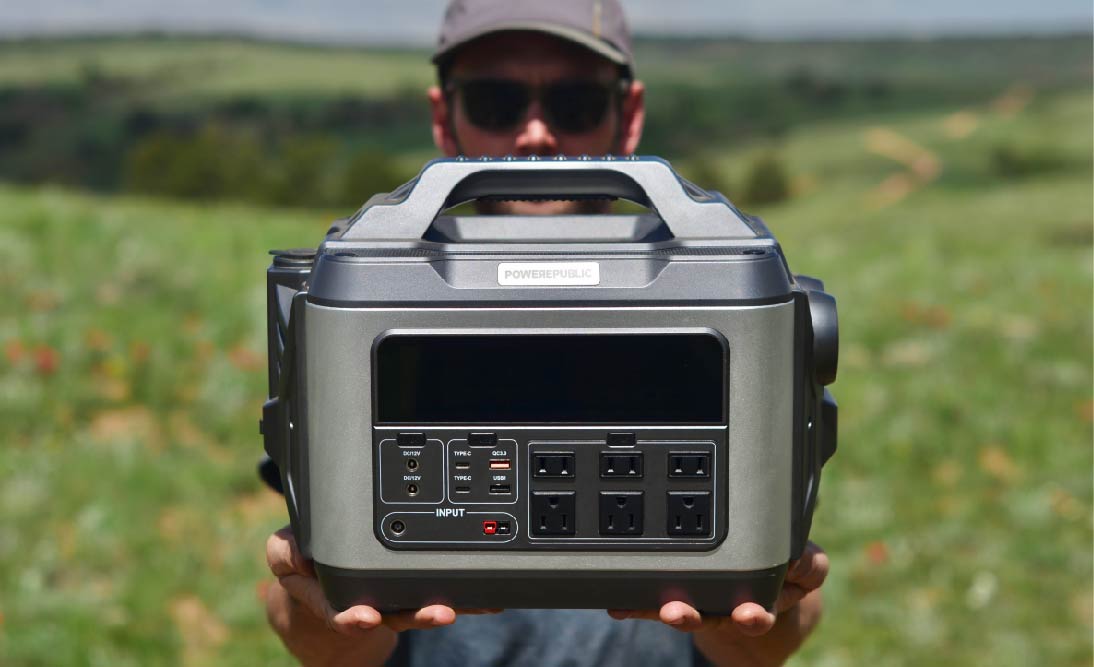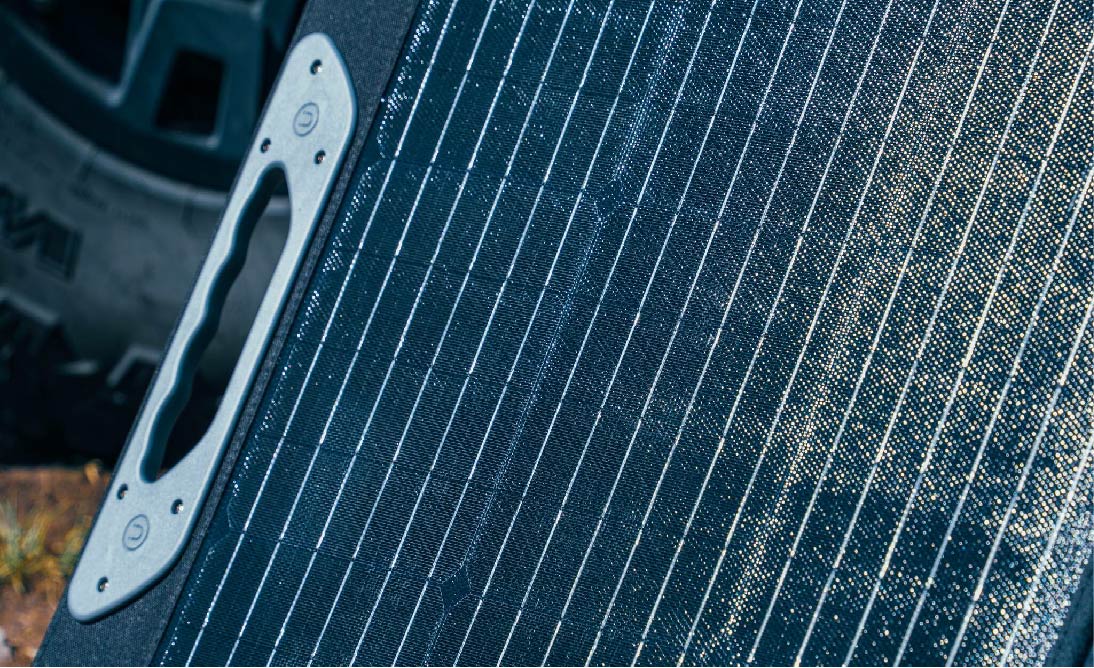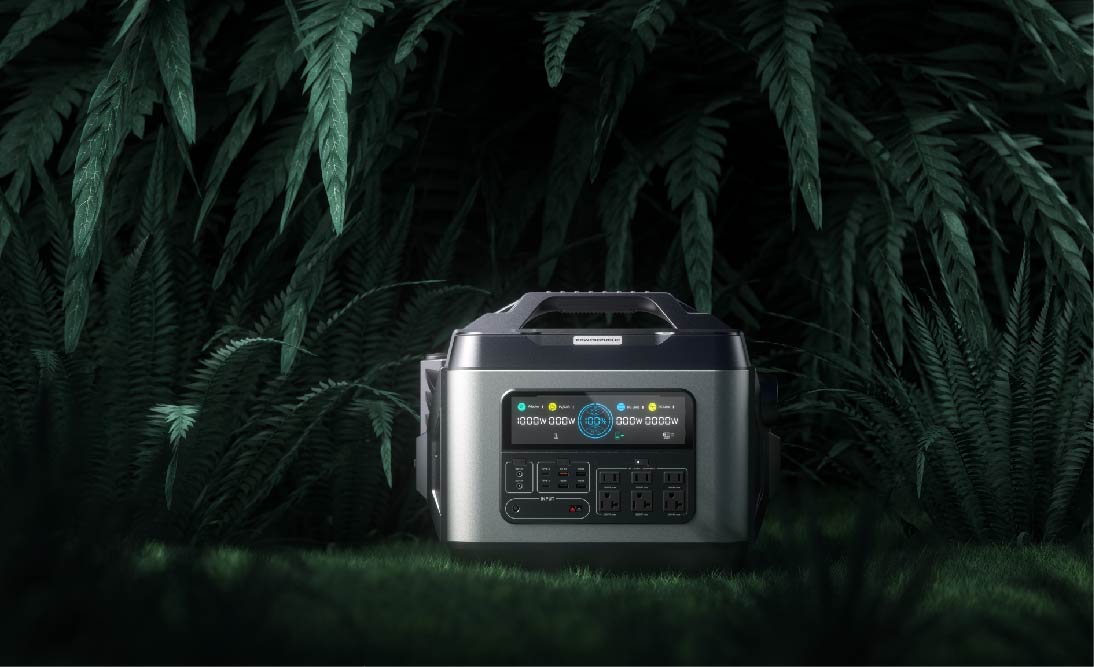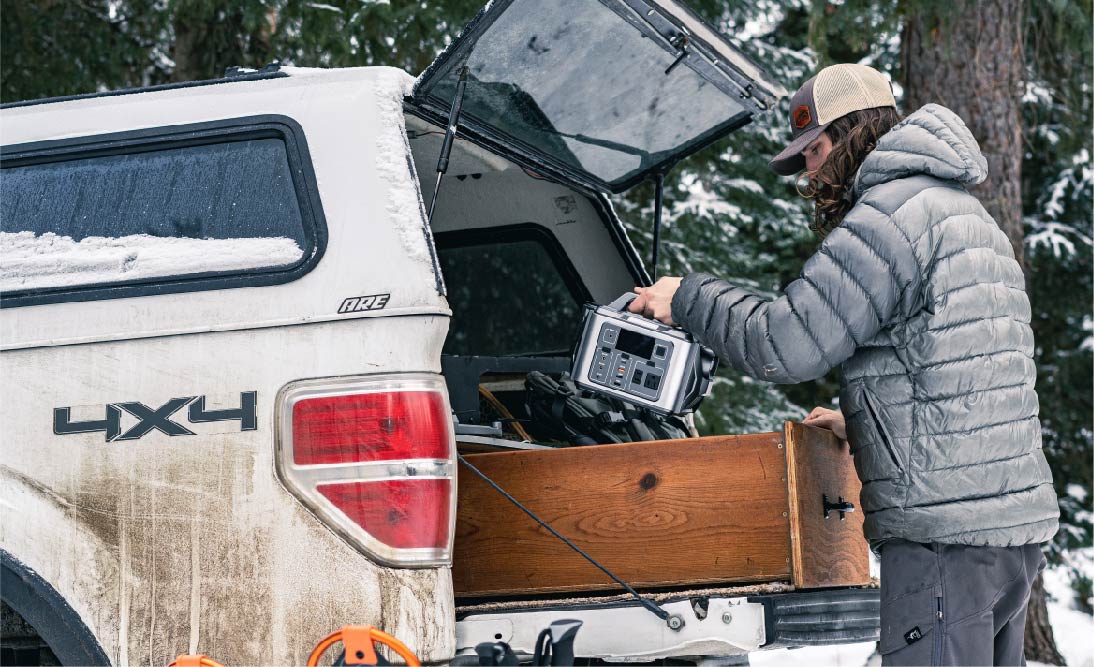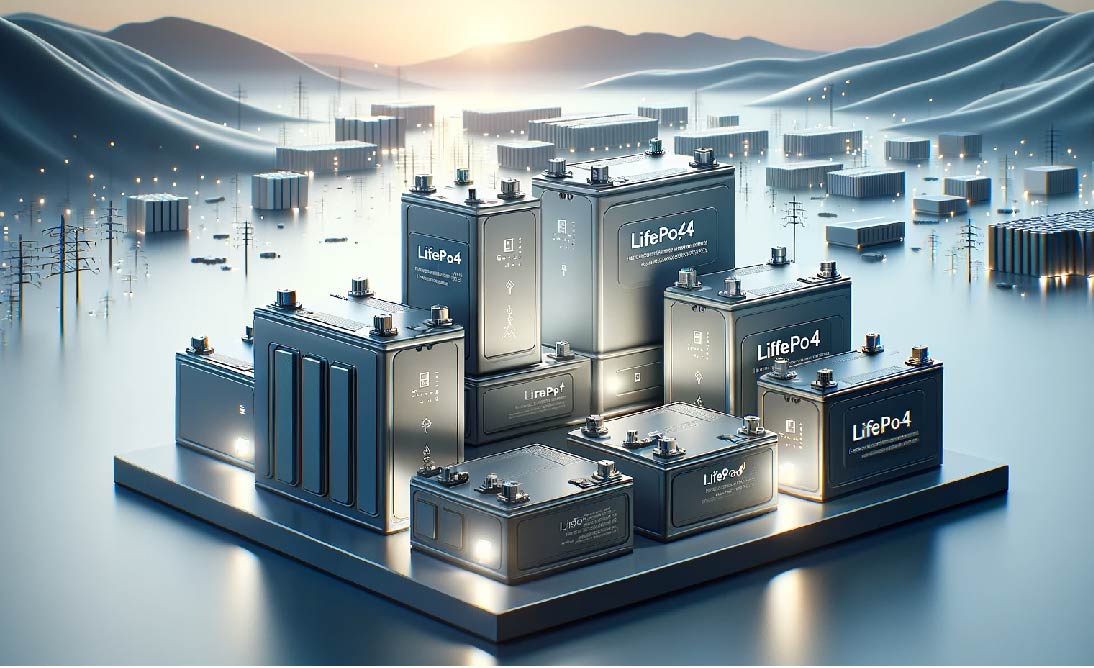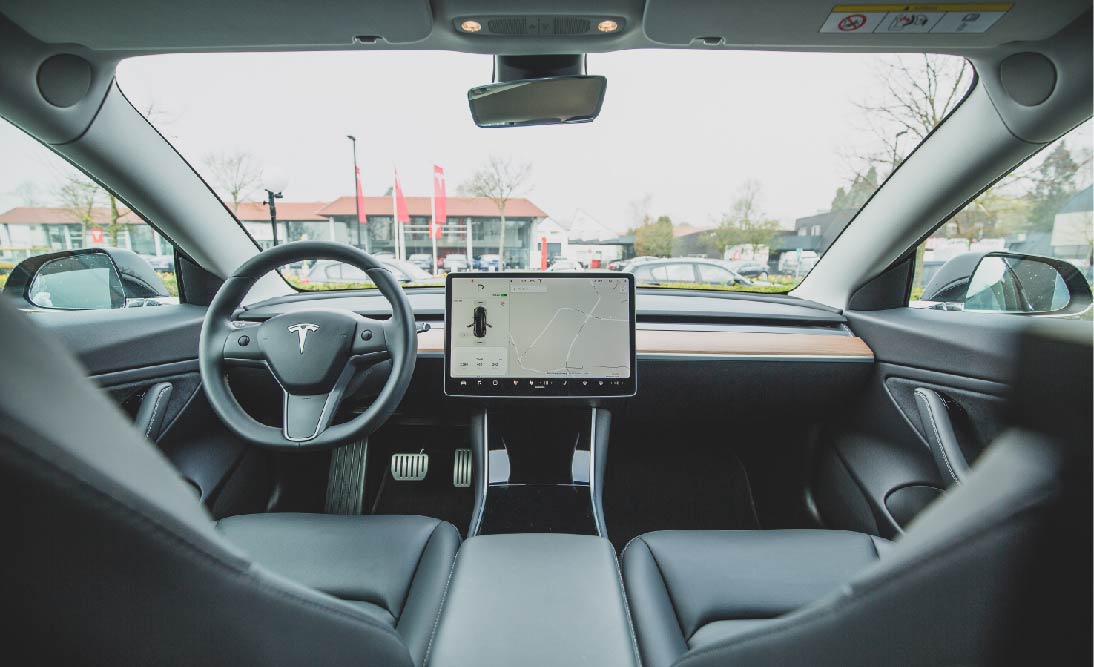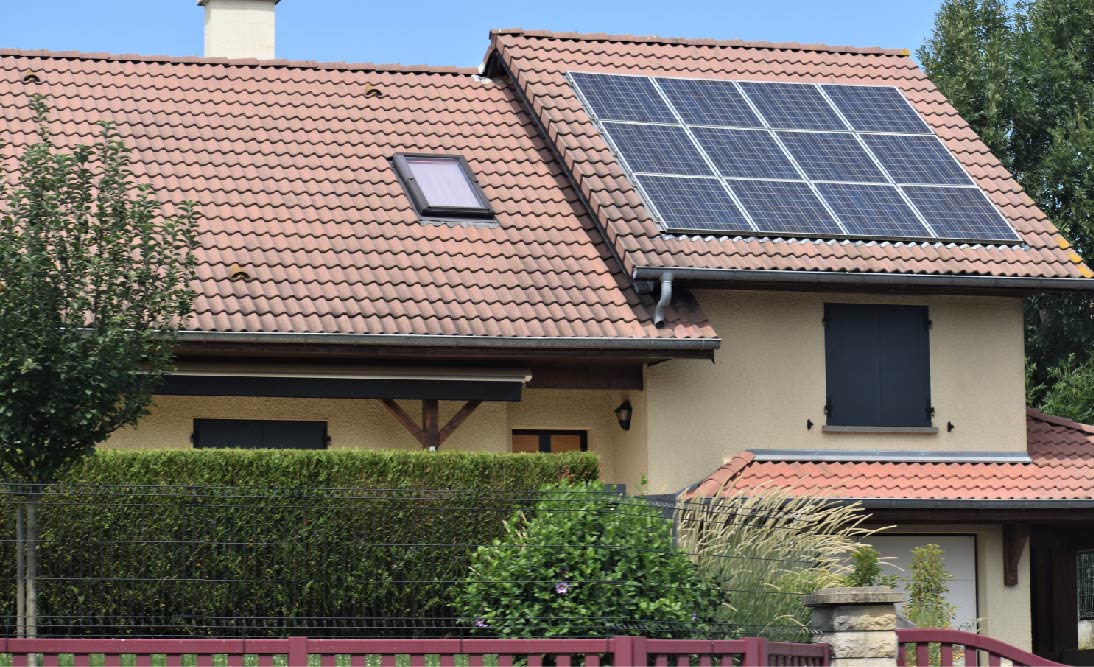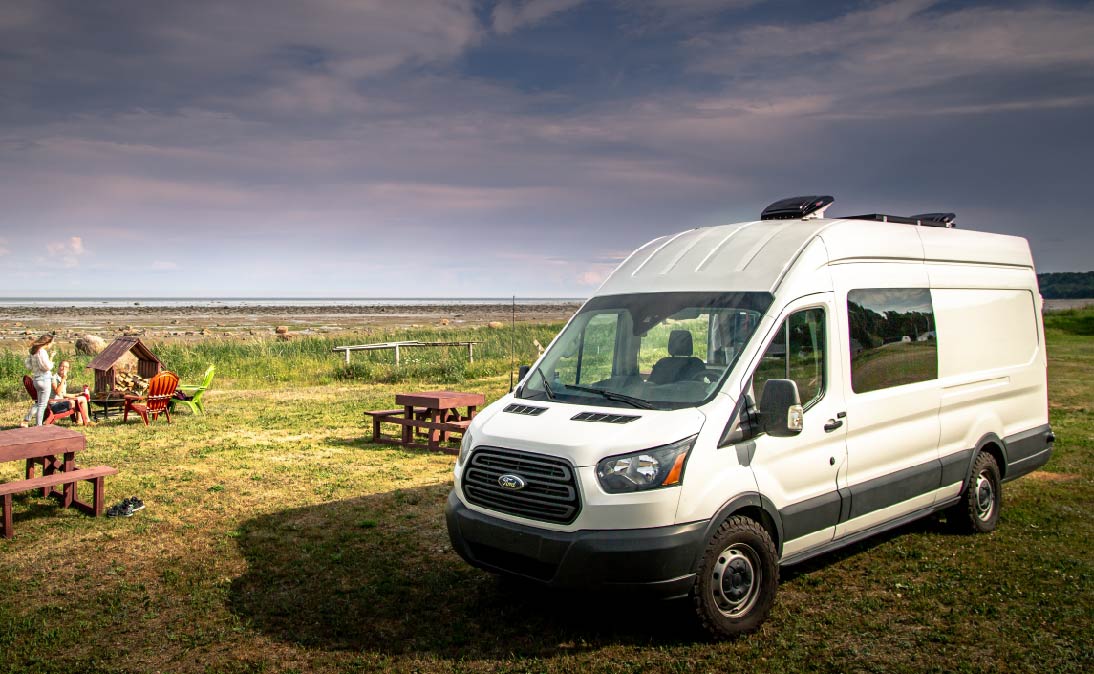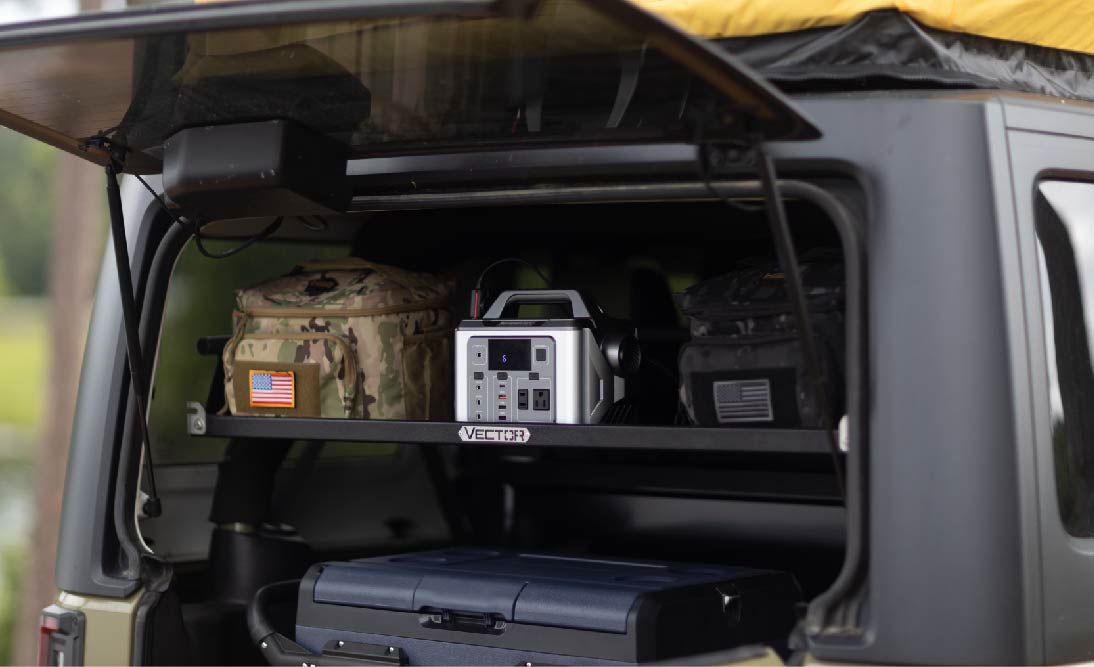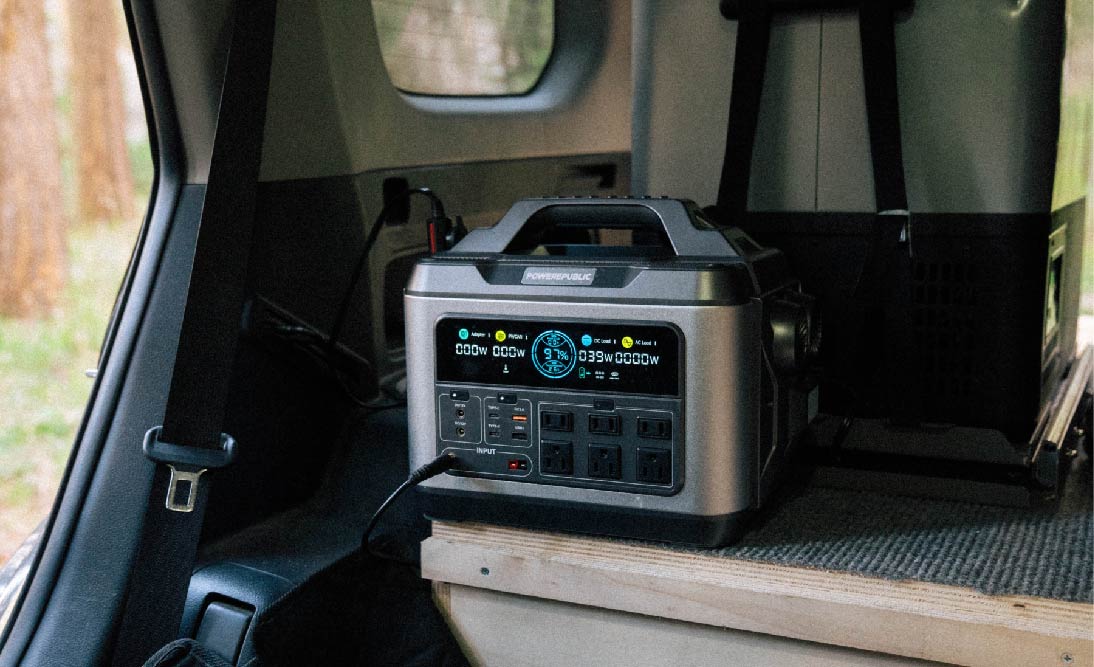Table Of Contents:
Portable power stations are a relatively new category of products that have been gaining popularity in the past few years as more people seek to live off the grid or simply need a reliable source of power during emergencies. They are essentially generators powered by lithium-ion batteries that can be used to charge a variety of devices, such as smartphones, laptops, and camping and outdoor equipment.
What Is A Portable Power Station?
It is a compact and rechargeable battery that can store and provide power for various devices and appliances, especially for off-grid lives or lives on the go. It is designed to be a convenient and portable power source that you can take with you wherever you go for outdoor activities and camping trips, or even use as a backup power source for emergencies.
The key components in a portable power station may vary depending on different models and manufacturers, but some of the common components include:
1. Battery: The battery is the primary and most important component. It stores the electrical energy produced by input sources such as solar panels, wall outlets, or car chargers. Lithium-ion batteries are widely applied in portable power stations due to the following advantages:
-
High Energy Density: Lithium-ion batteries have a much higher energy density compared to other types of rechargeable batteries. This means that they can store a lot more energy in a smaller and lighter unit, making them ideal for use in electronic devices like smartphones, laptops, and tablets.
-
Low Self-Discharge: Lithium-ion batteries have a much lower self-discharge rate. This means that they can retain their battery level for a longer period.
-
Fast Charging: Lithium-ion batteries can be charged much faster because they have a higher charging efficiency and can handle high charging currents without damage.
-
Longer Life Cycle: Lithium-ion batteries can last for many charge and discharge cycles, making them ideal for use in electric vehicles and other applications.
-
Low Maintenance: Lithium-ion batteries do not require any maintenance or special care, unlike other types of rechargeable batteries that may require periodic topping up with distilled water or other maintenance manually.
-
Environmentally Friendly: Lithium-ion batteries do not contain heavy metals such as lead or cadmium, which are toxic to the environment. They are also recyclable, making them a better option
2. Inverter: An inverter converts DC power to AC power, which is employed to provide energy to devices and appliances, including laptops, televisions, refrigerators, cameras, and other substantial, high-capacity equipment. Inverters are rated by their maximum output power and waveform, which can be a pure sine wave, modified sine wave, or square wave. The most common waveform is a pure sine wave.
3. Charge controller: A charge controller regulates the charging of the battery from external power sources via solar panels, wall outlets, or car chargers. It ensures that the battery is charged safely and efficiently, and prevents overcharging and overheating。
4. Display screen: Many portable power stations have a display screen, some of them may have an LCD screen, that shows important information like battery level, input/output power, solar input, and so forth。
5. Input and output ports: A portable power station typically has several input and output ports for charging the battery and powering devices. Common input ports include AC wall outlets, DC input, solar panel connectors(Anderson ports), and USB ports(Type-C, QC3.0, and USB)。
6. Cooling system: To dissipate the heat generated by the internal components and to prevent overheating, a portable power station usually contains a built-in fan or a heat sink.
Benefits Of A Portable Power Station
Now you have gained some knowledge about portable power stations by reading the words above. Now, let’s go ahead and talk about some benefits of owning one.
One of the most significant benefits is the convenience that they offer. These devices are fairly lightweight compared to traditional fossil-fueled generators, making them very handy. This means that you can take them with you on camping trips, road trips, or any other outdoor activity where you might not have access to electricity.
Another benefit of portable power stations is that they cause no pollution to the surroundings. Many models on the market these days can be charged via portable solar panels(renewable and unlimited!). This is a great option for people who aim to reduce their carbon footprint.
Considering ROI, portable power stations can also save you money in the long term. If you are someone who frequently uses electronic devices(GEEKs), such as smartphones or laptops, you know how quickly the batteries can drain. With a portable power station, you can keep your devices charged without having to pay for electricity or disposable batteries.

Applications Of A Portable Power Station
For those of you who are new to this category, there are a variety of uses for a portable power station. Some of the most common uses include:
-
Camping: If you are planning to go on a camping trip for a couple of days, a portable power station can be a great option for powering your lights, cooking equipment, and other devices. It can make sure you will have a sufficient amount of power to run your essentials on the go.
-
Outdoor events: If you are attending an outdoor event, such as a festival or concert and you want to capture this wonderful moment, a portable power station can be a great option for keeping your phone and other devices charged so that you will have enough power to film to clips and share on social media with your friends and fans.
-
Emergency backup power: In the event of a power outage that could happen unpredictably, a portable power station can be a great option for keeping your essential devices charged until the grid returns to normal. What’s more? Some portable power stations with larger capacities are capable of powering EV cars for miles to find a charging spot before running out of electricity.
-
RVs and boats: If you own an RV or boat, a portable power station can be a great option for providing power when you are off the grid.
Choosing A Portable Power Station
If you are a beginner, when choosing a portable power station, there are several factors that you should consider. Some of the most important factors include:
-
Capacity: The capacity of the battery is one of the most important factors to consider. This will determine how many devices you can charge and how long the power station will last. The capacity of a portable power station refers to the total energy stored in the power station or the battery capacity, which is shown as Kilowatt-Hours(kWh) or Kilowatt-hours (Wh). This is the amount of energy that can be used over a given period, making it possible to power various devices and appliances for an extended period. If you are interested in questions like how long a portable power station lasts or what is the capacity of a typical power station, pay attention to the watt-hours/kilowatt-hours.
-
Ports: Make sure to choose a power station that has enough ports to charge all of your devices. Look for models with a variety of different ports, including USB, AC, and DC, to charge all of your devices.
-
Weight: If you are planning to take your power station on the go, make sure to choose a model that is lightweight and easy to carry. Models with lesser capacity tend to be more light-weighted compared to larger ones. So make sure you know the amount of input power and energy needed to power your gears before purchasing a model.
-
Charging options: Look for a power station that has different charging options, such as via portable solar panels, AC outlets, or carports.
-
Price: Finally, make sure to choose a power station that fits your budget. Prices can vary significantly depending on the capacity and features of the devices.
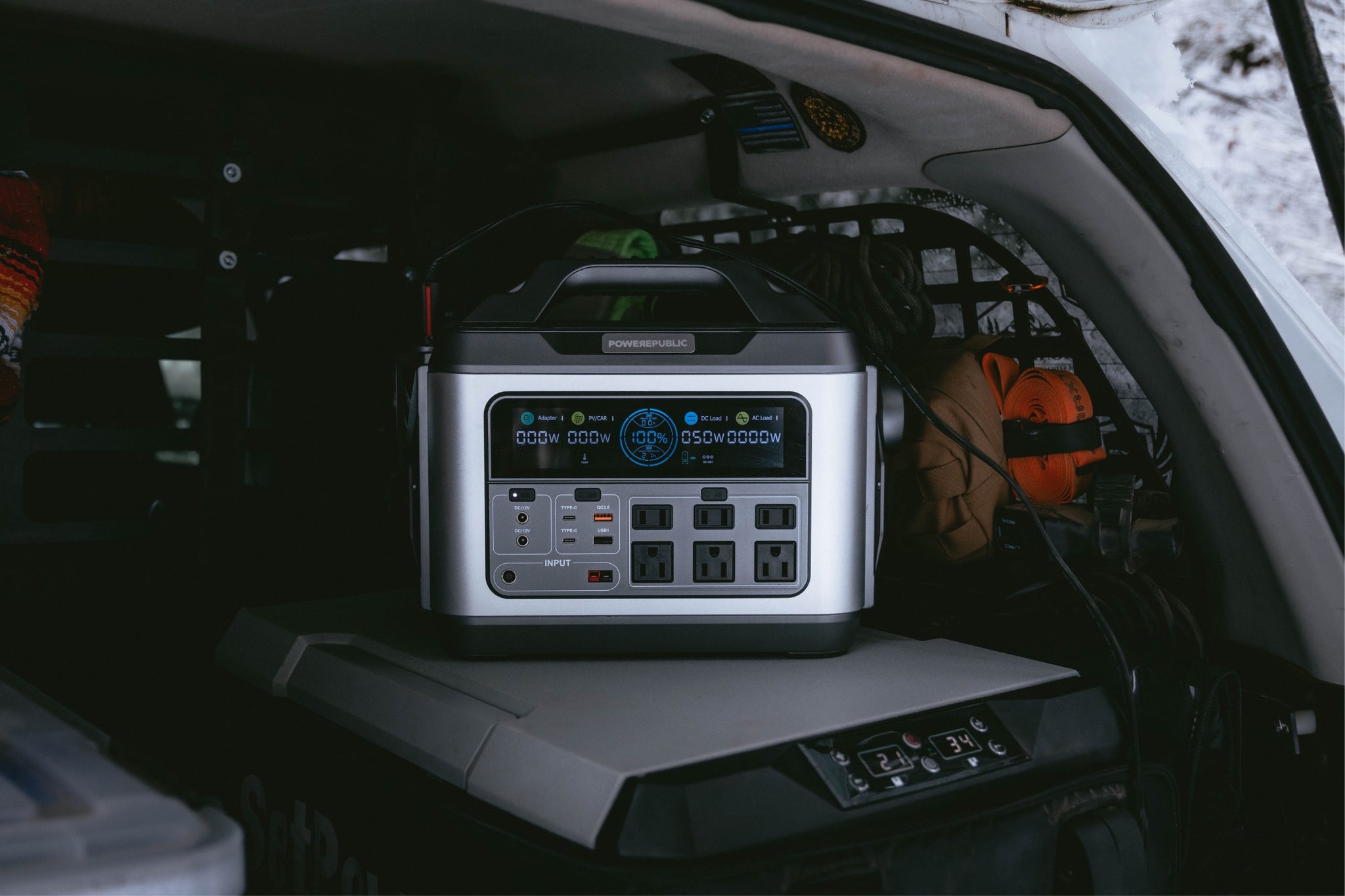
Conclusion
Overall, having a portable power station can be a good investment for anyone who needs access to reliable and convenient power on the go. These versatile and compact devices are capable of charging a wide range of electronics, from smartphones and laptops to larger appliances like mini-fridges and even power tools.
Additionally, portable power stations are a great backup power source during power outages or in remote areas where traditional power sources may not be accessible. Portable power stations come in a range of sizes and capacities, so it's important to choose one that best suits your needs. With the benefits of convenience, reliability, and versatility, a portable power station can provide practical power solutions in a variety of situations.
Learn More About POWEREPUBLIC Portable Power Station









